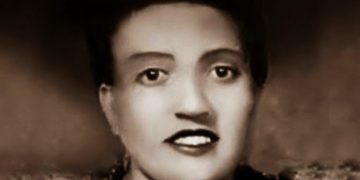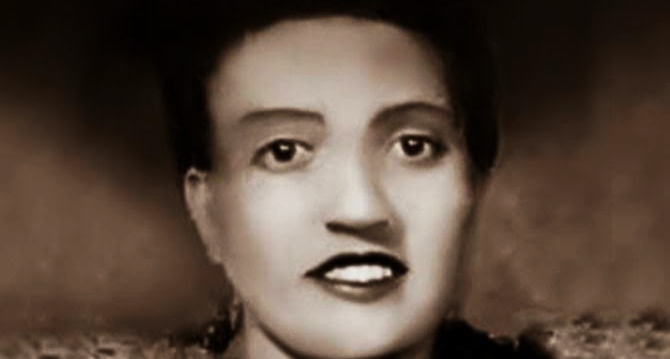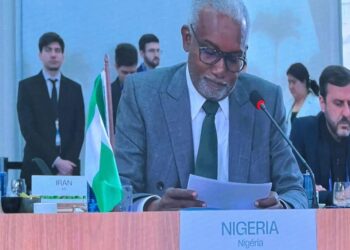By John Ikani
The World Health Organisation (WHO) has honoured Henrietta Lacks, recognising the world-changing legacy of a Black woman whose cancer cells have provided the basis for life-changing medical breakthroughs, but were taken without her knowledge or consent.
In 1951, while Lacks sought treatment, researchers took biopsies from her body without her knowledge or consent, and her cells became the first “immortal” cell line, now known as the “HeLa cells”.
Lacks, an African-American was 31 years old at the time and died of cervical cancer, 70 years ago, on October 4, 1951.
Through her cells, scientific breakthroughs have been recorded, such as the Human Papillomavirus (HPV) vaccine, the polio vaccine, drugs for HIV and cancers, and most recently, has been critical towards the COVID-19 research.
The recognition from WHO Director-General Tedros Adhanom Ghebreyesus, came more than a decade after the publication of “The Immortal Life of Henrietta Lacks,” Rebecca Skloot’s book about the discrimination in health care faced by Black Americans, the life-saving innovations made possible by Lacks’ cells and her family’s legal fight over their unauthorized use.
“What happened to Henrietta was wrong,” Tedros said during a special ceremony at WHO Geneva headquarters before handing the Director-General’s Award for Henrietta Lacks to her 87-year-old son Lawrence Lacks as several of her other descendants looked on.
Lawrence is one of the last living relatives who personally knew her. He was accompanied by several of Henrietta Lacks’ grandchildren, great-grandchildren, and other family members.
Mr. Lacks said the family was moved to receive this historic recognition, honouring “a remarkable woman and the lasting impact of her HeLa cells.”
“My mother’s contributions, once hidden, are now being rightfully honoured for their global impact,” he said.
“My mother was a pioneer in life, giving back to her community, helping others live a better life and caring for others.
“In death, she continues to help the world. Her legacy lives on in us and we thank you for saying her name – Henrietta Lacks.”
According to WHO, women of colour continue to be disproportionately affected by cervical cancer. The COVID-19 pandemic has also exposed the many health inequities that persist among marginalised communities around the world.
Studies in various countries consistently document that Black women are dying of cervical cancer at several times the rate of white women. Today, 19 of the 20 countries with the highest cervical cancer burdens are in Africa.
The past year, which saw the 100th anniversary of Henrietta Lacks’ birth, also coincided with the launch of WHO’s Global strategy to accelerate the elimination of cervical cancer, an initiative Mrs. Lacks’ family has endorsed.
Her relatives have also joined WHO in advocating for equity in access to the HPV vaccine, which protects against a range of cancers, including cervical cancer.



































